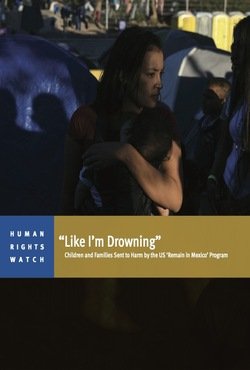Edited by Soumita Basu, Paul Kirby and Laura J. Shepherd
The Women, Peace and Security (WPS) agenda, associated with the United Nations Security Council resolutions of a similar name, is widely recognized as the most significant and wide- reaching global framework for advancing gender equality in military affairs, conflict resolution and security governance. The first of these resolutions, UN Security Council Resolution (UNSCR) 1325, bound the international community to ensure, among other provisions, greater participation of women in decision making in national, regional and international institutions; their further involvement in peacekeeping, field operations, mission consultation and peace negotiations; increased funds and other support to the gender work of UN entities; enhanced state commitments to the human rights of women and girls and the protection of those rights under international law; the introduction of special measures against sexual violence in armed conflict; and due consideration to the experiences and needs of women and girls in humanitarian, refugee, disarmament and postconflict settings."
Bristol, UK: Bristol University Press, 2022. 28p.



